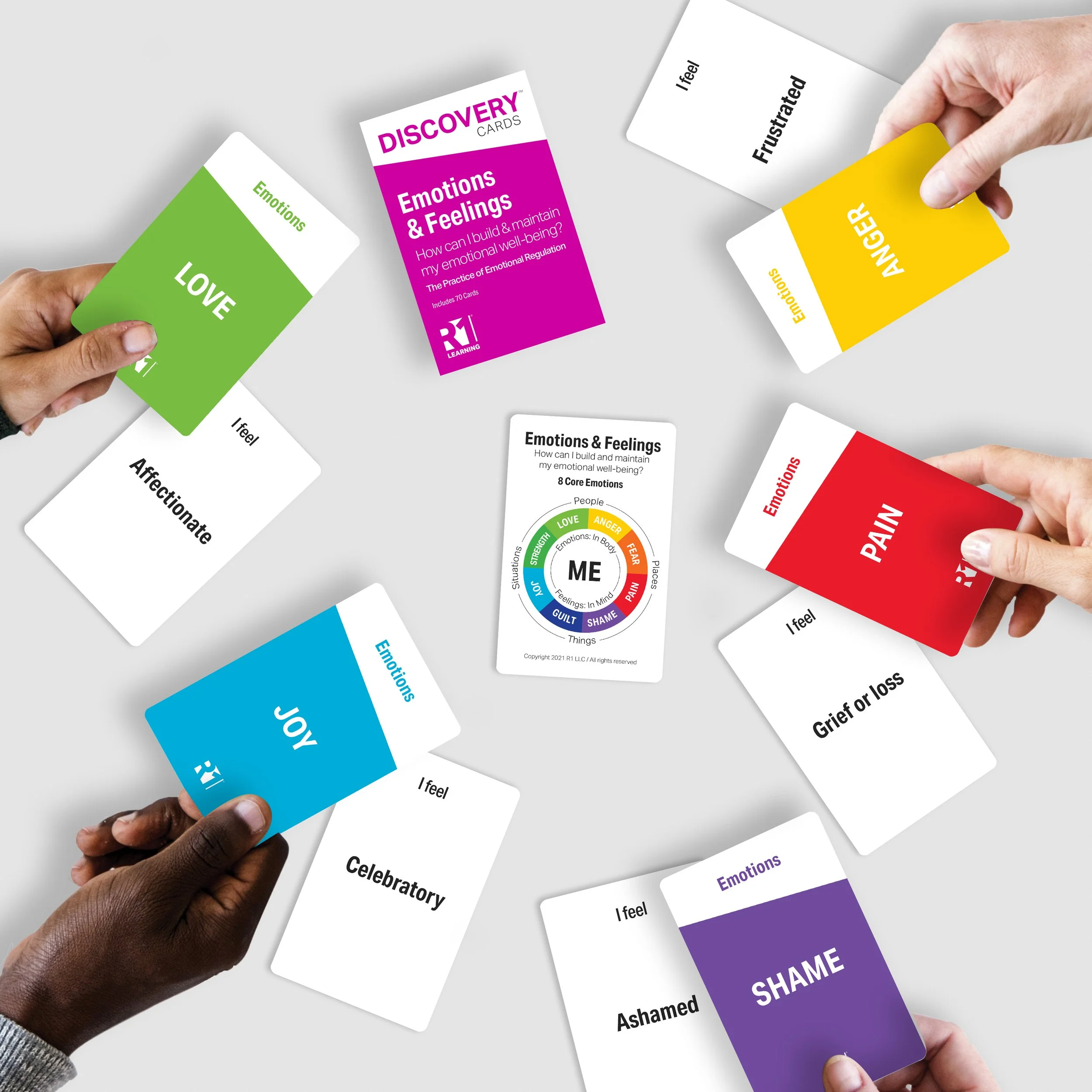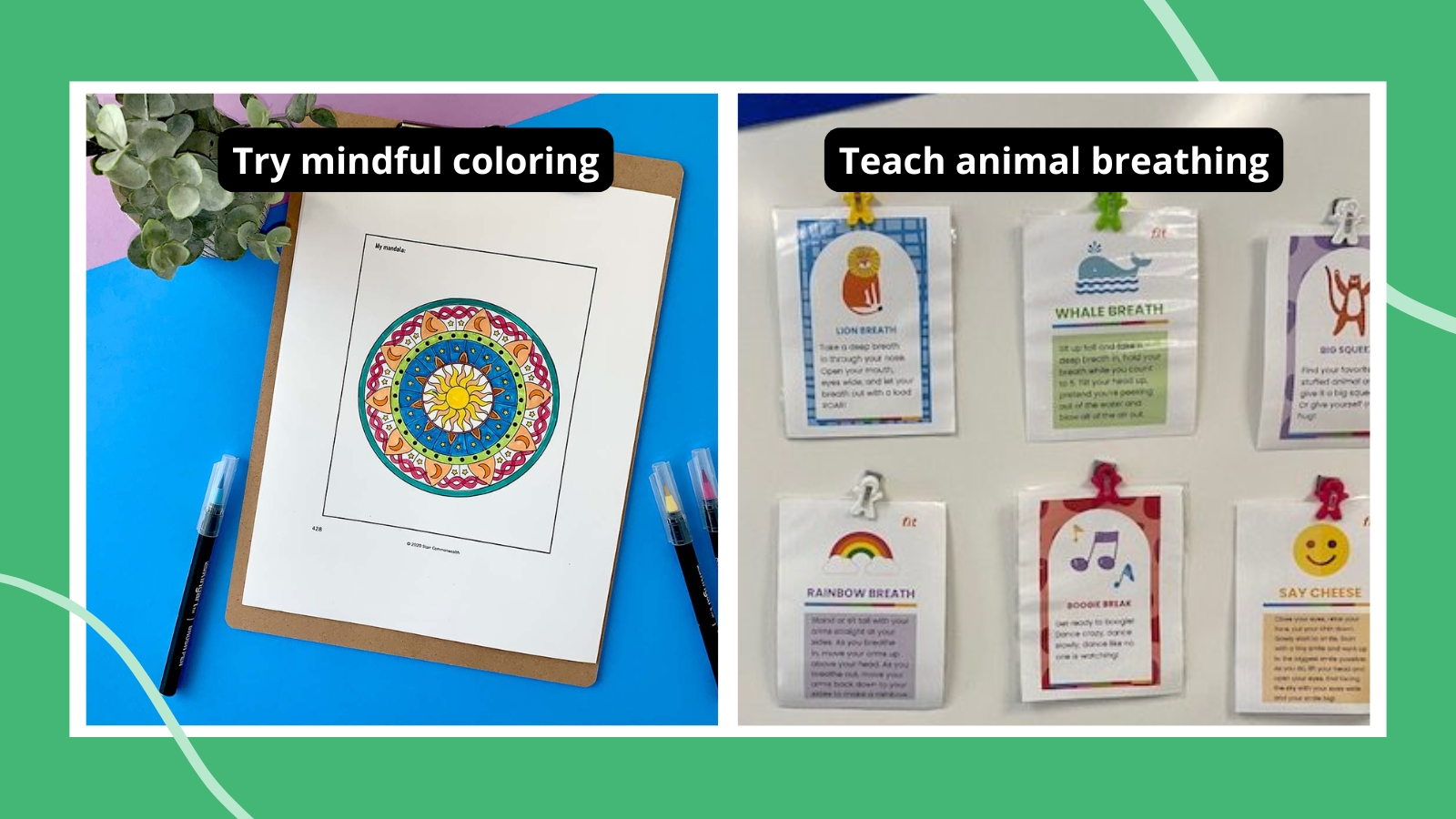Teaching Emotional Regulation Through Horse Care

Emotional regulation is a vital skill that helps individuals manage their feelings, reduce stress, and improve interpersonal relationships. One innovative and effective way to teach emotional regulation is through horse care. Horses, being highly sensitive and intuitive animals, provide unique opportunities for emotional learning and growth.
Why Horse Care?
Horses respond to human emotions and behaviors, making them excellent partners in teaching emotional awareness and control. Caring for horses requires patience, consistency, and empathy, all of which are key components of emotional regulation.
| Aspect | How It Helps Emotional Regulation |
|---|---|
| Grooming | Encourages mindfulness and calmness |
| Feeding | Teaches responsibility and routine |
| Leading and Handling | Develops communication skills and emotional awareness |
| Observing Behavior | Enhances empathy and understanding of non-verbal cues |
Key Emotional Regulation Skills Developed
- Self-awareness: Recognizing one’s emotions through observing the horse’s reactions.
- Impulse control: Managing immediate reactions to the horse’s behavior.
- Stress management: Using calming techniques during horse care activities.
- Empathy: Understanding the horse’s needs and feelings.
- Patience: Learning to wait and respond thoughtfully.
Practical Activities for Teaching Emotional Regulation
- Grooming Sessions: Focus on slow, deliberate movements to promote calmness.
- Feeding Routines: Establish consistent schedules to build responsibility.
- Leading Exercises: Practice gentle guidance to improve communication and control.
- Behavior Observation: Reflect on the horse’s body language to enhance emotional insight.
Frequently Asked Questions (FAQ)
Q1: Can horse care help children with emotional difficulties?
A1: Yes, many therapeutic programs use horses to support children in developing emotional regulation skills.
Q2: Is prior experience with horses necessary?
A2: No, beginners can benefit greatly from guided horse care activities.
Q3: How often should horse care sessions be conducted?
A3: Regular sessions, ideally weekly, help reinforce emotional regulation skills.
Conclusion
Teaching emotional regulation through horse care combines practical activities with emotional learning, fostering growth in a supportive and engaging environment. This approach not only benefits emotional health but also builds valuable life skills such as responsibility, empathy, and patience.
